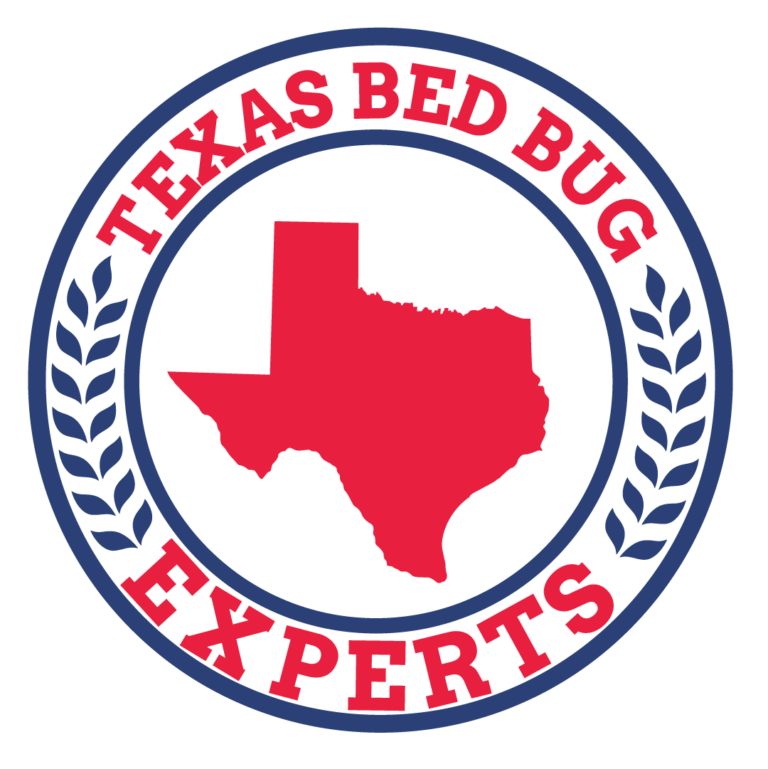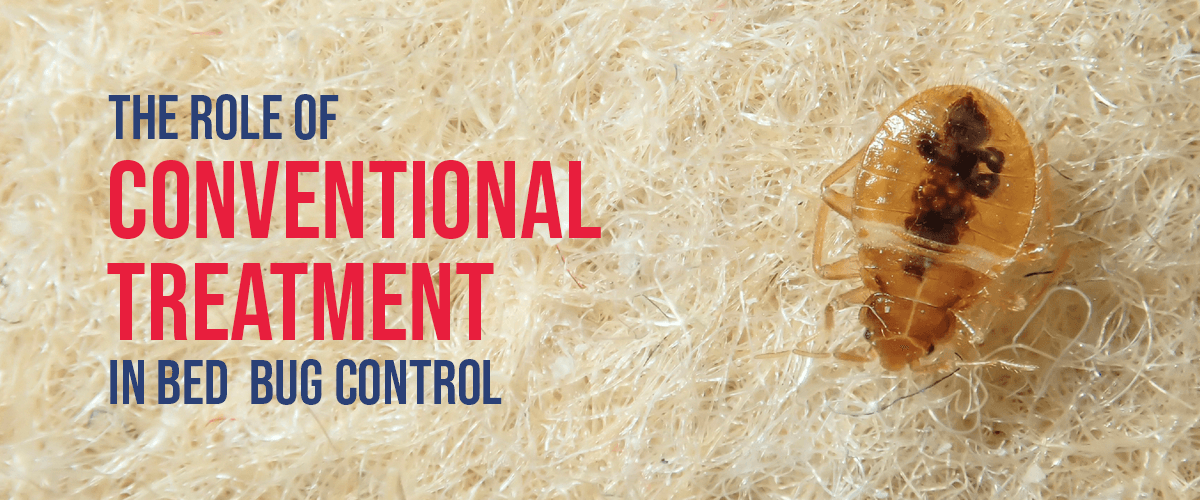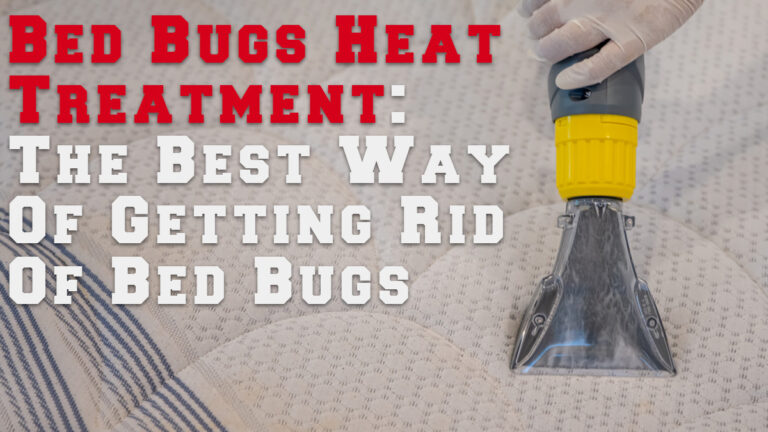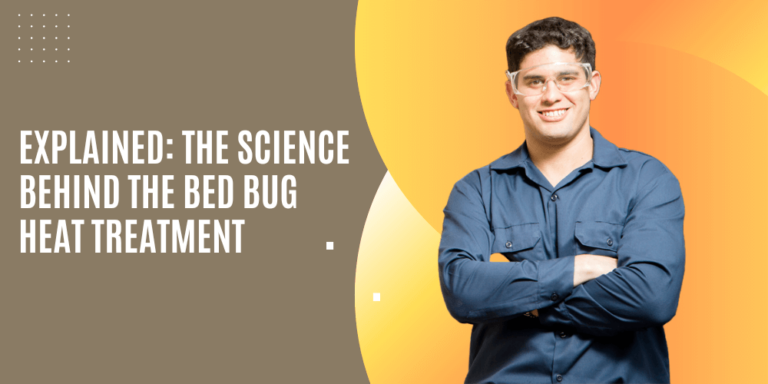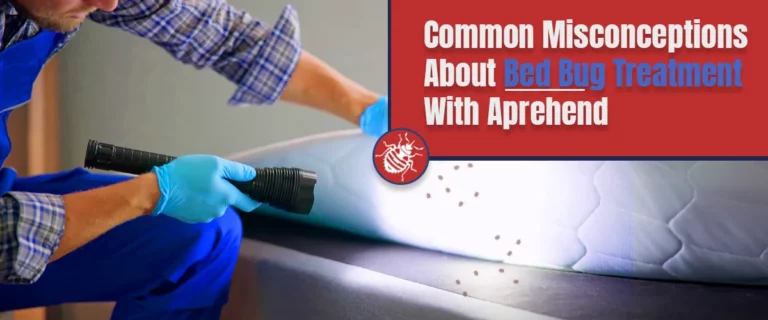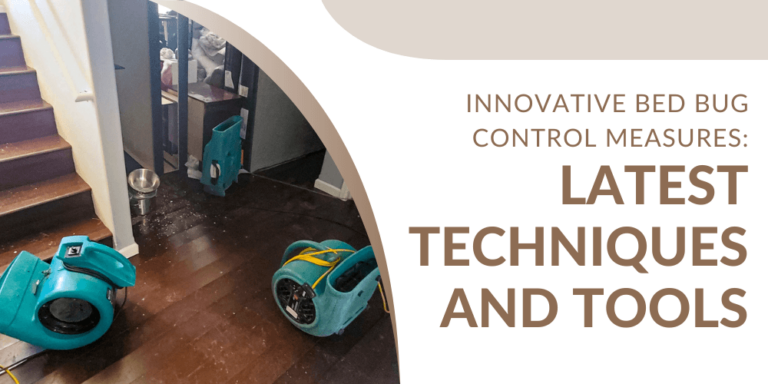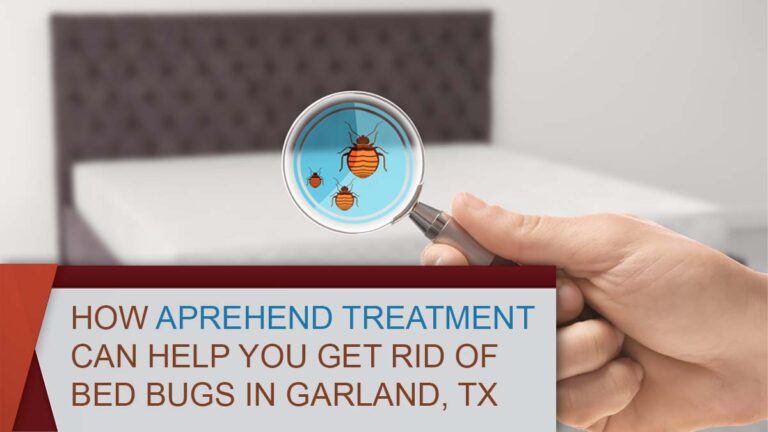The Role of Conventional Treatment in Bed Bug Control
Are you sick of seeing red, itchy bites on your body when you wake up? Have you seen any tinier bugs hiding in the crevices of your furniture or crawling inside your bed? If so, you may be dealing with a nasty bed bug infestation. They are blood-feeding insects known for their resilience and persistence to infest human living spaces. These pests can survive for months without feeding and rapidly reproduce, causing devastating infestations resulting in sleep deprivation, anxiety, and financial loss.
Moreover, we cannot overstate the importance of bed bug control, as these pests can cause serious health problems and psychological distress. This article will discuss the conventional treatment methods for bed bugs, including insecticides, heat treatment, vacuuming, and sanitation.

Conventional Treatment Methods
When addressing bed bug infestations, relying on these proven treatment methods is crucial. These trusted approaches can help you reclaim your space and eliminate those persistent pests:
1. Insecticides
Bed bug control utilizes insecticides, including pyrethroids, neonicotinoids, and insect growth regulators. These chemicals target the nervous system, respiratory system, or reproductive system of bed bugs.
- You can apply insecticides such as sprays, dust, or aerosols.
- When bed bugs come into contact with or ingest the insecticides, they disrupt the pests’ physiological functions, leading to paralysis, death, or disruption of their reproductive capabilities.
2. Heat Treatment
Heat treatment involves raising the temperature of infested areas to a level lethal to bed bugs. You can achieve it using specialized equipment that generates and maintains high temperatures. Heat penetrates cracks and crevices, eliminating bed bugs in all life stages.
- Without the use of pesticides, heat treatment is successful in eliminating bed bugs and their eggs. It can reach areas that may be difficult to treat with insecticides.
- However, it requires professional equipment and expertise, and some items or materials may be sensitive to high temperatures and require special attention or removal.
3. Vacuuming
Vacuuming helps physically remove bed bugs, their eggs, and their debris from infested areas. It can significantly reduce the bed bug population, especially with other treatment methods.
- When vacuuming for bed bugs, it is essential to utilize a vacuum that has a high-efficiency particulate air (HEPA) filter to prevent the bugs from escaping.
- Focus on areas where bed bugs hide, such as mattresses, box springs, furniture, and cracks in walls or floors.
4. Sanitation
Sanitation is essential to bed bug control because it can help prevent re-infestation. Bed bugs can hitchhike on clothing, luggage, and other personal belongings, so it’s necessary to be careful when traveling or handling secondhand items.
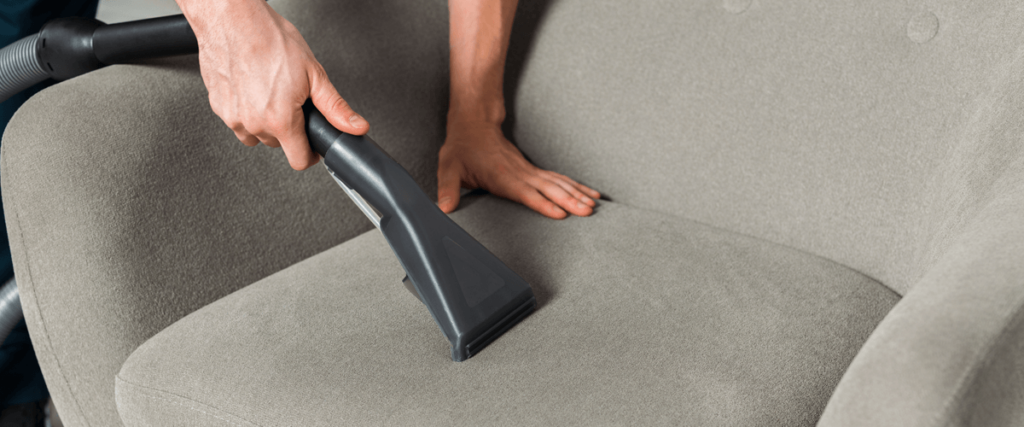
Effectiveness of Conventional Treatment Methods
Studies have shown that these treatment methods can effectively control bed bugs. These proven approaches have stood the test of time, providing practical solutions to combat and eliminate bed bugs from your home:
- According to research, insecticides have a high first-kill rate, but their effectiveness can decrease over time as bed bugs develop resistance.
- Heat treatment effectively kills all stages of bed bugs, but its effectiveness can depend on the infestation’s size and the treatment’s quality.
- Vacuuming removes bed bugs and their eggs, but it may not be enough to eliminate an infestation.
- Good sanitation practices can help prevent re-infestations but may not stop an existing infestation.

Risks and Limitations of Conventional Treatment Methods
While these methods can be effective against bed bug infestations, they must be aware of their potential risks and limitations. Consider these factors to make informed decisions and tackle the problem effectively:
- Insecticides – Both humans and animals might suffer health problems due to excessive or inappropriate usage of insecticides. Additionally, bed bugs have developed resistance to some chemicals, reducing their effectiveness.
- Heat treatment – it can be costly and may not be suitable for all situations. Some people find it less accessible because it needs specific tools and knowledge.
- Relying Solely on Vacuuming – While vacuuming is valuable to bed bug control, it may not eliminate infestations. Bed bugs can hide in inaccessible areas, making complete eradication challenging.
- Sanitation Practices – Failure to maintain proper sanitation practices can lead to re-infestations even after successful treatment. Regular maintenance and adherence to sanitation guidelines create a healthier living environment.
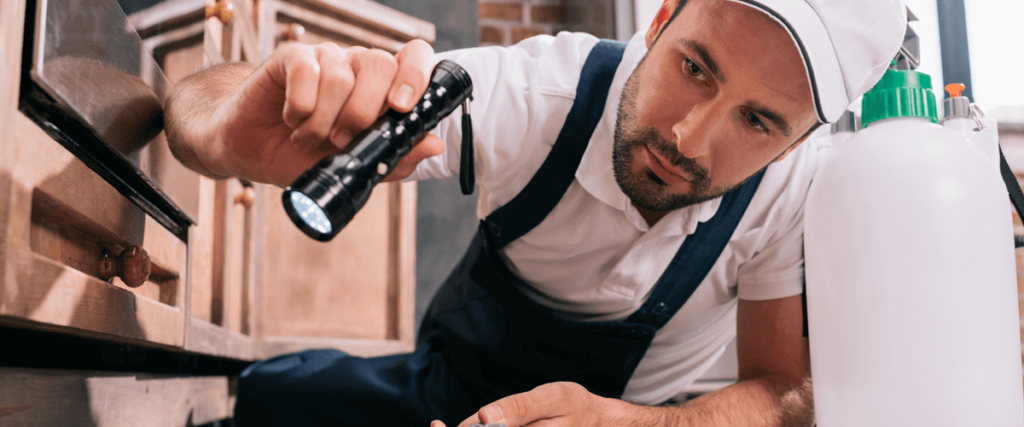
Role of Professional Pest Control Services
Professional pest control services have the knowledge, experience, and training to identify and effectively treat bed bug infestations. They can assess the extent of the problem, recommend appropriate treatment methods, and provide ongoing monitoring and support.
Professional services offer several advantages, including:
- Access to specialized equipment and products.
- Familiarity with the latest treatment techniques.
- Ability to tailor solutions to specific infestations.
- They can also guide prevention measures and offer warranties or guarantees for their services.
Professional pest control services have access to advanced equipment, such as heat treatment systems and high-powered vacuums, which may need to be more readily available to the general public. They can also use a range of insecticides and formulations specifically designed for bed bug control.

Achieving Long-Term Bed Bug Control!
In summary, Controlling bed bugs can be challenging, but using a combination of conventional treatment methods in Dallas, TX, it is possible to eliminate an infestation. Insecticides, heat treatment, vacuuming, and sanitation can all effectively control bed bugs, but they have some risks and limitations. It’s essential to follow label instructions carefully when using insecticides and to seek professional help if an infestation is severe.
Furthermore, good sanitation practices can help prevent re-infestation. By using a combination of treatment methods and seeking professional help when needed, it is possible to eliminate bed bugs from a home or business.
Reference:
- Yu, J., Ranabhat, S., & Wang, C. (2023). Insecticide Resistance of Cimex lectularius L. Populations and the Performance of Selected Neonicotinoid-Pyrethroid Mixture Sprays and an Inorganic Dust. Insects, 14(2), 133. https://doi.org/10.3390/insects14020133
- Got Bed Bugs? Eliminate Bed Bugs with IPM. (2020, December 16). Retrieved from https://extension.psu.edu/got-bed-bugs-eliminate-bed-bugs-with-ipm
